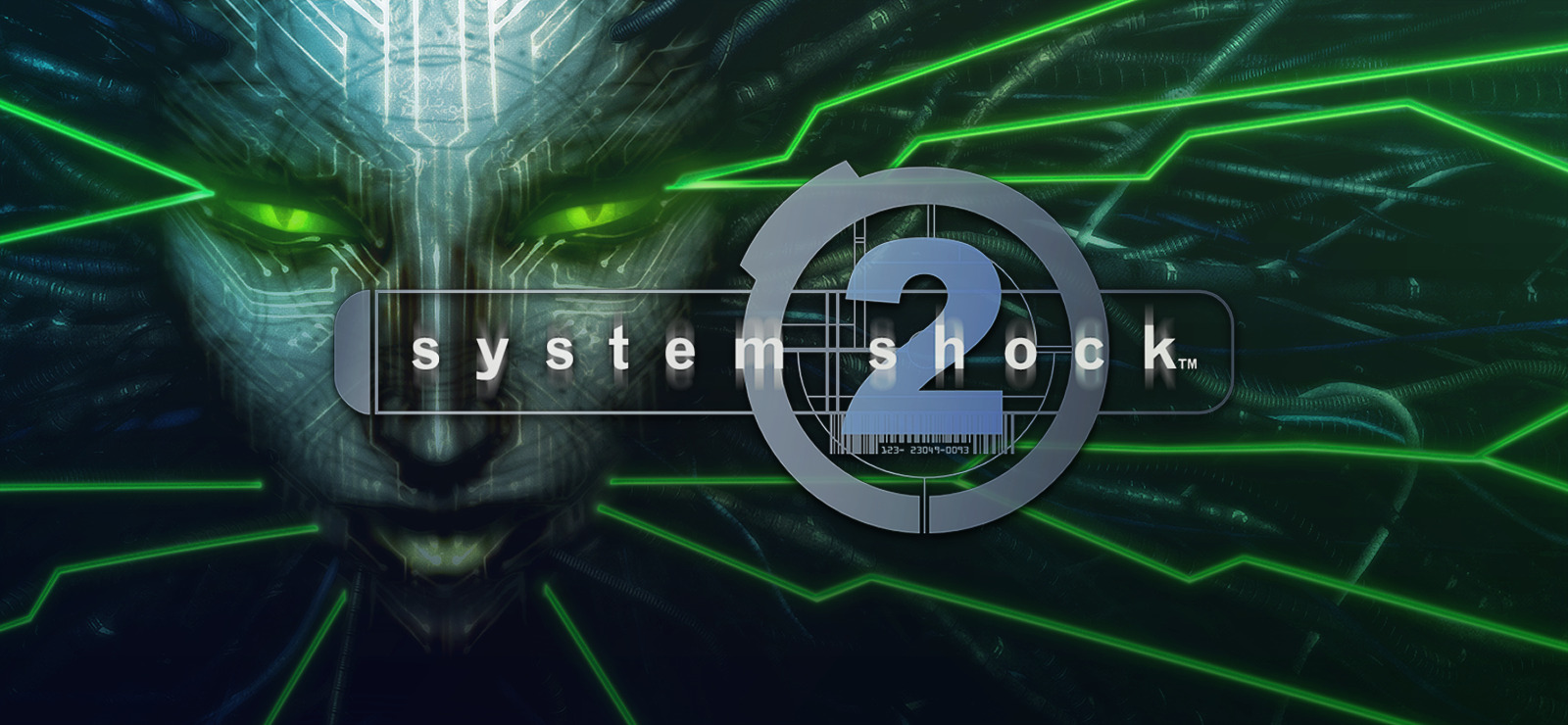
System Shock How the Game Shaped Modern First-Person Shooters
System Shock: How the Game Shaped Modern First-Person Shooters
Released in 1994, "System Shock" was not just another addition to the burgeoning world of first-person shooters; it was a groundbreaking title that paved the way for many elements we take for granted in the genre today. With its innovative blend of action, exploration, and role-playing elements, "System Shock" introduced a sense of interactivity and depth that many games would later echo. Developed by Looking Glass Technologies, the game presented a dystopian narrative set in a cybernetic environment, where players battled a malevolent AI named SHODAN. As we delve into the legacy of "System Shock," it’s clear how its core concepts helped shape the landscape of modern first-person shooters.
Innovative Gameplay Mechanics
One of the standout features of "System Shock" was its incorporation of RPG mechanics into a first-person shooter framework. Players could enhance their characters through skill upgrades and augmentations, which allowed for a personalized approach to gameplay. This focus on character development and resource management influenced not only subsequent titles within the genre but also set the stage for future games that embraced a more nuanced approach to player agency. The addition of inventory systems and the necessity to strategize resource usage became hallmarks in numerous FPS games that followed, echoing the design philosophy established by its predecessor.
Narrative Depth and Atmosphere
Another pillar of "System Shock’s" innovative design was its storytelling. While many FPS games at the time focused primarily on action, "System Shock" prioritized atmosphere and narrative engagement. Players were drawn into a world rich with lore, hints at the horrifying consequences of unchecked technological advancement, and the chilling presence of SHODAN. This blend of an immersive narrative with gameplay laid groundwork for modern shooters that now incorporate storytelling elements more heavily. Games such as "Bioshock" and "Half-Life" would particularly mirror this integration of narrative depth, establishing a stronger connection between players and the in-game world.
The Legacy of System Shock 2
Following the success of the original, "System Shock 2" was released in 1999 and expanded upon the innovations introduced in its predecessor. This sequel further refined the gameplay mechanics, offering an even more engaging experience with an upgraded "System Shock 2 shop" system. Players could purchase items and upgrades, which provided opportunities for strategic planning while navigating the game’s environments and combat scenarios. The introduction of such commerce systems in first-person shooters has continued to influence newer titles, leading to in-game economies and marketplace features that enhance player engagement. "System Shock 2" not only solidified the legacy of the original but also propelled forward the design of FPS games, setting new standards for depth and interactivity.
A Foundation for Future Titles
The influence of the "System Shock" series extends far beyond its immediate sequels. Numerous titles released in the years since have borrowed heavily from the groundbreaking mechanics and design philosophies that originated with "System Shock." Modern games have adopted its blend of gameplay styles, the emphasis on narrative, and the integration of RPG elements, effectively reshaping the first-person shooter landscape. As developers continue to innovate and experiment, the foundational frameworks laid by "System Shock" remain relevant, inspiring new generations of games that aim to capture both the heart of action and the complexity of storytelling.
In conclusion, "System Shock" was more than just a game; it was a transformative experience that influenced the trajectory of first-person shooters and gaming as a whole. The brilliant melding of immersive gameplay, innovative mechanics, and rich narrative created a template that modern developers continue to strive towards today. As we revisit these classics, it’s important to recognize and celebrate their contributions to the gaming world, ensuring that the legacy of "System Shock" is remembered and honored for years to come.
.png)